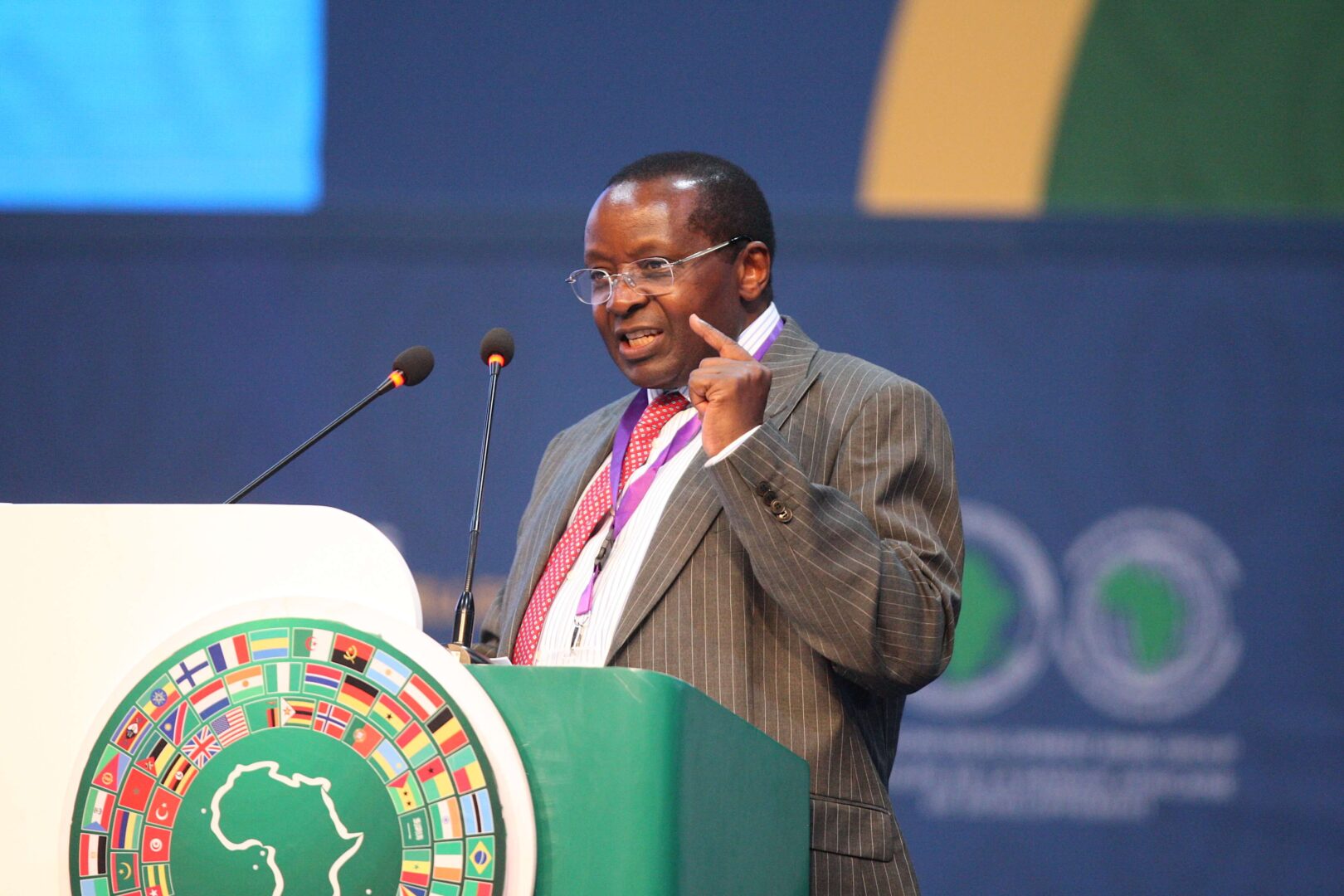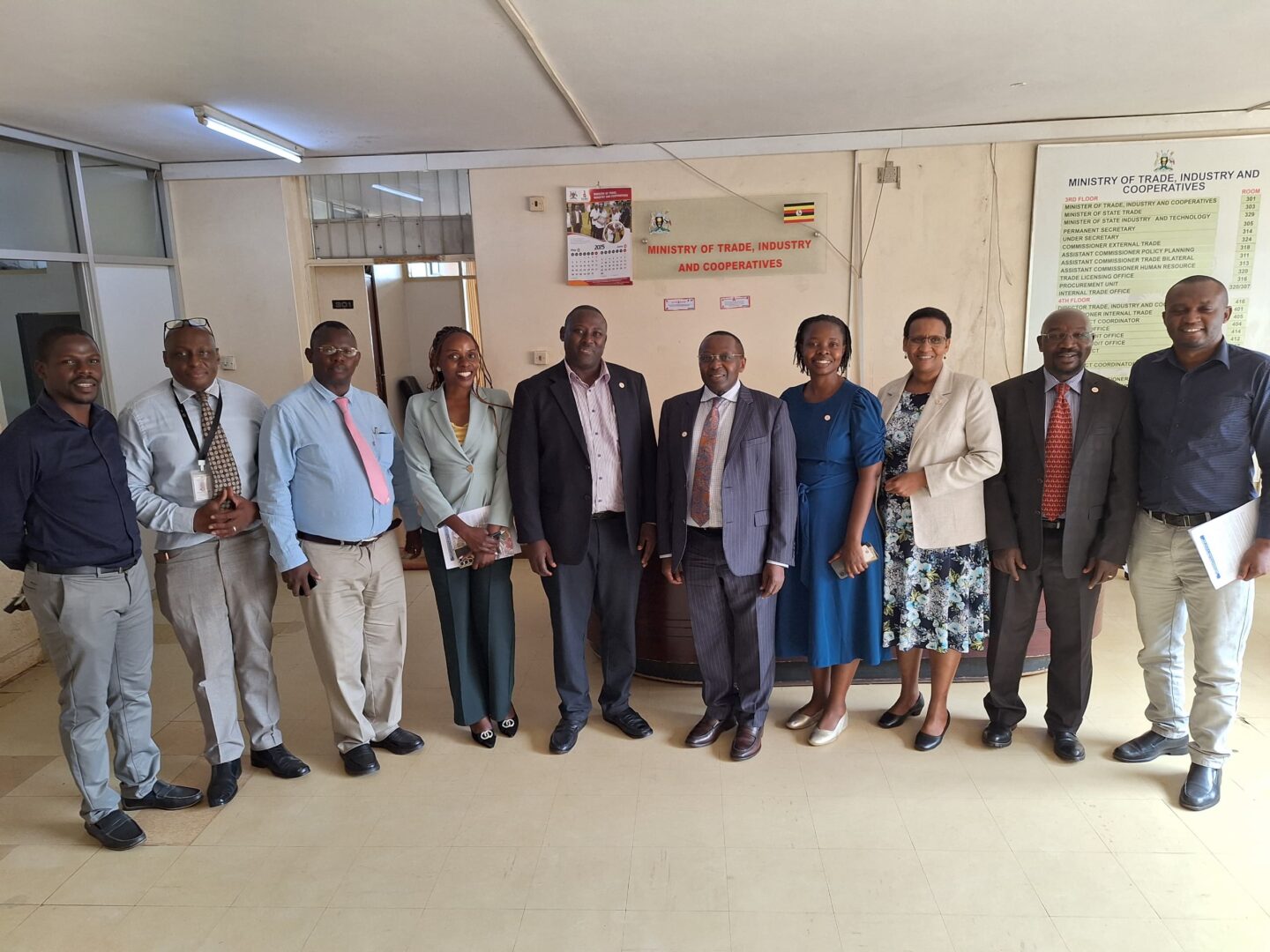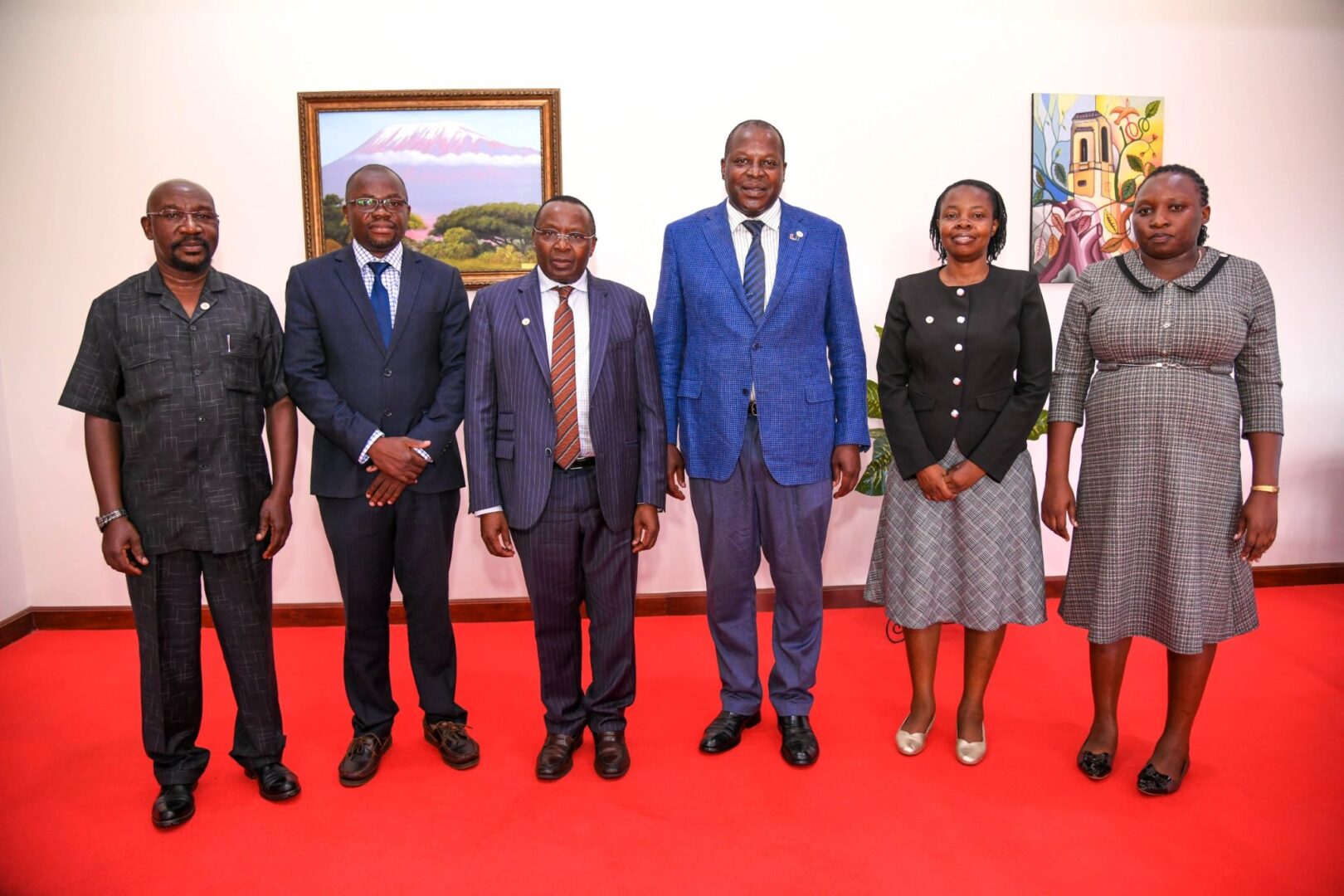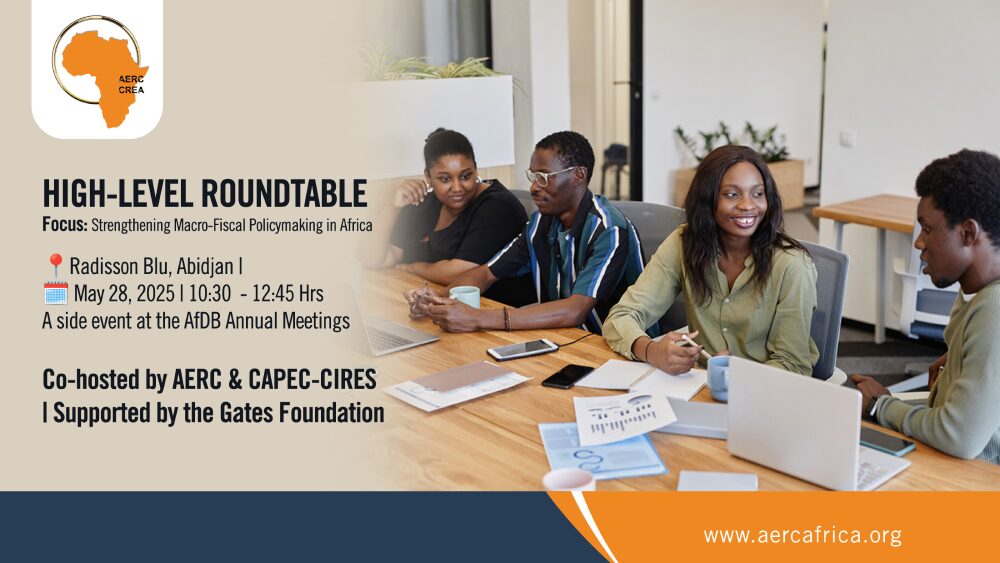

Knowledge Event during the 2024 African Development Bank Group Meetings
May 29, 2024The African Economic Research Consortium (AERC) convened a high-level stakeholders’ side event at the 2024 African Development Bank (AfDB) Annual Meetings on 27 May 2024 in Nairobi, Kenya. The meeting which included ministers of finance, governors of central banks, representatives from the private sector, continental and regional think tanks, policy analysts, multilateral development banks and development financial institutions discussed Africa’s needs and opportunities, as well as innovative approaches to support African human capital development.
Prof. Njuguna Ndungu, Cabinet Secretary, National Treasury and Economic Planning, Kenya in his remarks during the official opening said that the theme of the session was very interesting and topical, adding that he was honoured to talk about the subject matter. He stressed that the benefits of demographic dividends are not automatic. “These benefits depend on the policy framework such as human capital development, education, health and nutrition, labour markets, in addition to good governance and quality of institutions”.
On his part, Prof. Victor Murinde, AERC Executive Director highlighted the centrality of Human Capital Development, noting that focusing on the demographic dividend and skilled labour is imperative. He observed that youth provide tremendous potential. “Demographic dividend is the economic growth potential that can result from shifts in a population’s age structure” he said.
Africa has a strong competitive advantage owing to its relatively big and youthful population compared to other regions, however, it is yet to fully exploit this window of opportunity to benefit from its “demographic dividend” for a sustained inclusive growth and development. The continent ranks poorly globally in Human Development Index (HDI).
Africa needs to scale up investment in human capital through education and training, learning and experience, modalities for labour mobility across boarders or health interventions for improved social and economic outcomes. This is vital in shaping future incomes and productivity. Equipping its populace with education, skills and jobs stand to be the most important impetus of economic growth in the continent. Harnessing the potential of human capital is a sustainable key to social progress and economic transformation for the continent.
Countries that invest in human capital by promoting education, training and overall human capital development tend to be more competitive in the global arena and they are better positioned to adapt to technological changes, foster innovation and drive economic growth. There is, therefore, a need to facilitate regional and country-owned policy reforms, action plans and cross-country learning to enhance circular movement of skilled labour across nations.
The event deepened discussions on renewed emphasis on harnessing Africa’s demographic dividend through skills training and decent jobs across nations. More specifically the debate focused on ascertaining ways of accelerating human capital development to enhance sustainable growth and development, discussing the positive relationship between human capital development and innovation to drive sustainable growth and job creation. The participants also deliberated on critical role of institutions in the process of human capital development as well as the importance of investing in innovation, digitization, and ICT access for the realization of the demographic dividend.
This even was moderated by Dr. Rose Ngugi is the Executive Director of the Kenya Institute for Public Policy Research and Analysis (KIPPRA) and the Panellist included Dr. Martha Phiri, Director of Human Capital, Youth and Skills Development, Africa Development Bank, Dr. Kwame Owino, Chief Executive Officer, Institute of Economic Affairs, Mr. William Asiko, Vice President Africa Regional Office, Rockefeller Foundation.






